
Products
API 609 Butterfly valve connection
Product Specification
One of the advantages of the butterfly valve is its versatility. It can be used to control the flow of different types of fluids, including gases, corrosive media, and even liquid metals. This makes it a valuable tool in a wide range of applications, from chemical plants to power generation facilities. When it comes to installation, it is important to ensure that the butterfly valve is properly fitted onto a completely sealed pipeline with zero experimental gas leakage. This ensures optimal performance and prevents any leaks or malfunctions that could compromise the overall effectiveness of the valve.
In terms of its function, the butterfly valve primarily acts as a cutting and throttling device within pipelines. Its design allows for convenient and fast opening and closing, allowing for quick adjustments as needed. The valve’s small volume and lightweight nature make it easy to handle and install, while also reducing the amount of driving torque required for its operation. Another significant advantage of the butterfly valve is its low fluid resistance. This means that when the valve is in use, there is minimal impact on the overall flow of the fluid, resulting in efficient and smooth operation. Even when transporting mud at low pressure, the butterfly valve can achieve good sealing performance with minimal liquid accumulation at the pipeline port. Overall, the butterfly valve is a reliable and efficient regulating valve that offers numerous benefits in various industries.
Its versatility, ease of installation, and low fluid resistance make it a popular choice for controlling the flow of fluids in pipelines. Whether it is for managing gases, corrosive media, or liquid metals, the butterfly valve proves to be a valuable and effective tool.
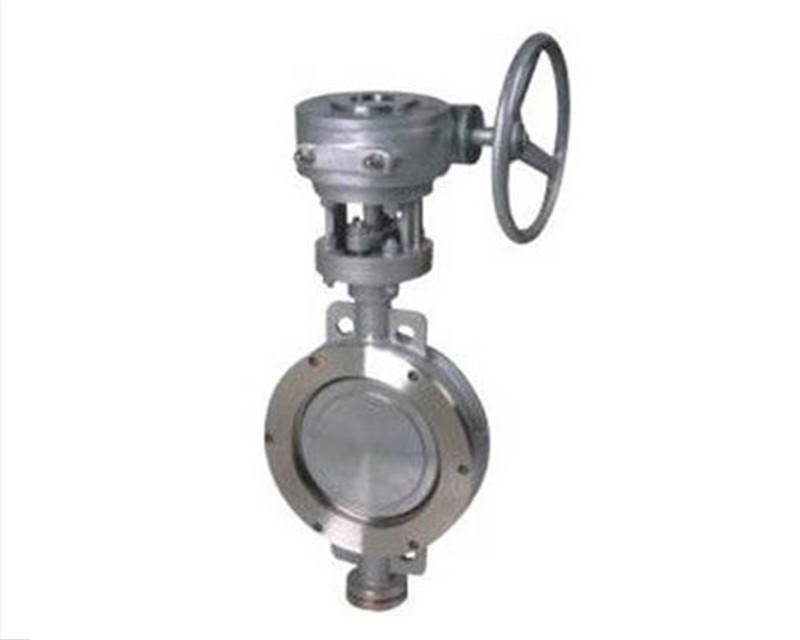
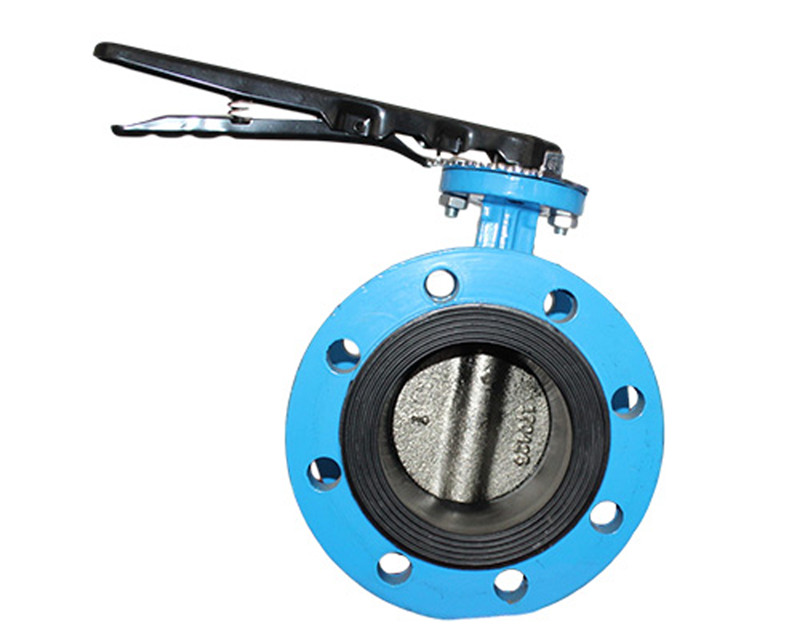
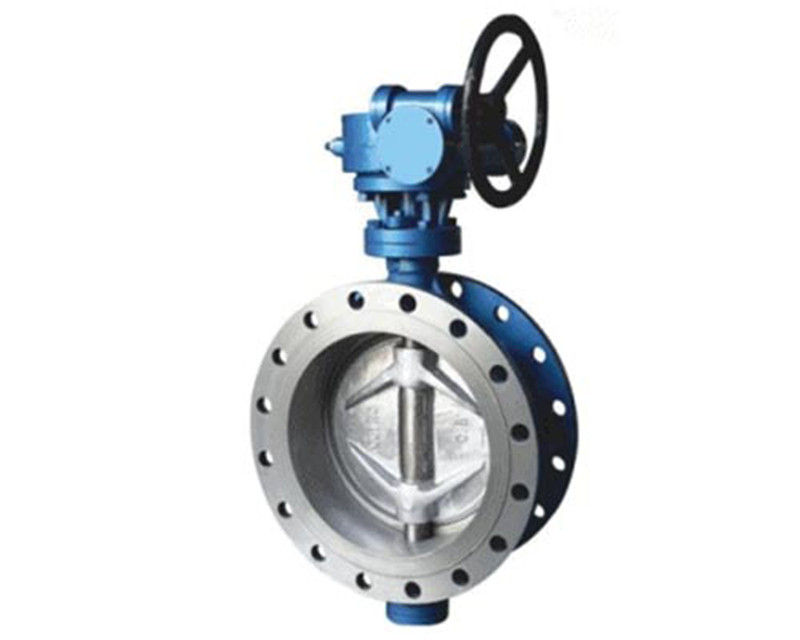







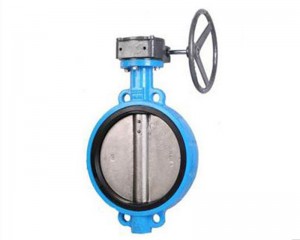
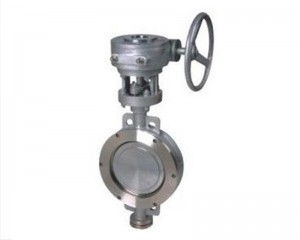
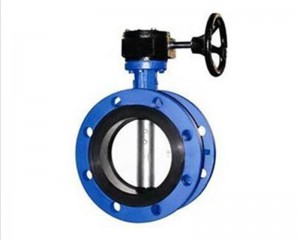
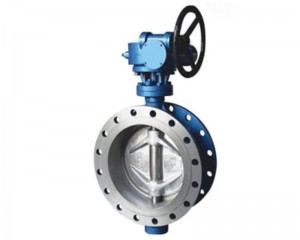
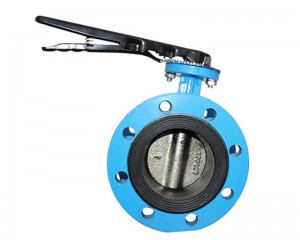
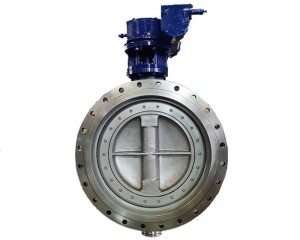

 Room 703 Building B, Greenland center, Hi-tech development zone Xi’an, China
Room 703 Building B, Greenland center, Hi-tech development zone Xi’an, China
 86-13609153141
86-13609153141


